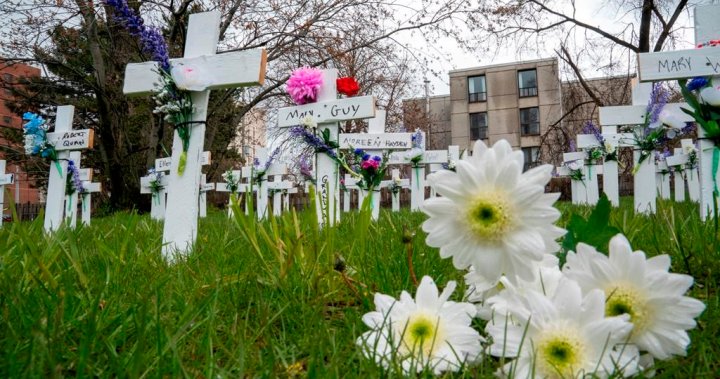
COVID misinformation led to at least 2,800 deaths in Canada, $300M in costs: report
Global News
Misinformation related to COVID-19 caused at least 2,800 deaths, led to 13,000 additional hospitalizations and cost hospitals $300 million in expenses, according to a new report.
At least 2,800 Canadian lives lost to COVID-19 could have been spared, tens of thousands hospitalizations could have been prevented and $300 million in hospital costs might have been saved if not for the insidious spread of misinformation, according to a new report.
The report, released Thursday by the Council of Canadian Academies (CCA) – an independent science research organization – examines the socioeconomic impacts of science and health misinformation and how it affected Canadians’ behaviour during two waves of COVID-19 between March and November 2021.
It found misinformation – defined as false or misleading information shared intentionally or unintentionally – contributed to vaccine hesitancy for an estimated 2.3 million Canadians.
Some of these Canadians believed COVID-19 to be a “hoax” or that it was “exaggerated,” while others believed vaccines caused many problems that are being “covered up,” the report said.
If all of these vaccine-hesitant Canadians had chosen to be vaccinated against the virus, the report estimates there would have been at least 2,800 fewer deaths, 13,000 fewer hospitalizations, including 3,500 fewer ICU admissions, 198,000 fewer cases of COVID-19 in Canada and $300 million in hospital expenses saved.
These estimates are considered to be conservative, the report adds, as they do not capture other direct health-care costs, such as physician pay, nor does it capture broader societal costs like lost productivity or wages and the strains placed on Canada’s health-care system.
Alex Himelfarb, a former diplomat who served as chair of the panel of 13 experts created by the CCA to conduct this study, says while misinformation and deception are not new, Canada has become more vulnerable to its consequences.
“The personal consequences are relatively easy to document: hospitalizations, deaths and financial costs. The collective costs are more difficult to quantify but no less important to public health, the public purse, the social fabric and the planet,” he said in the report.
